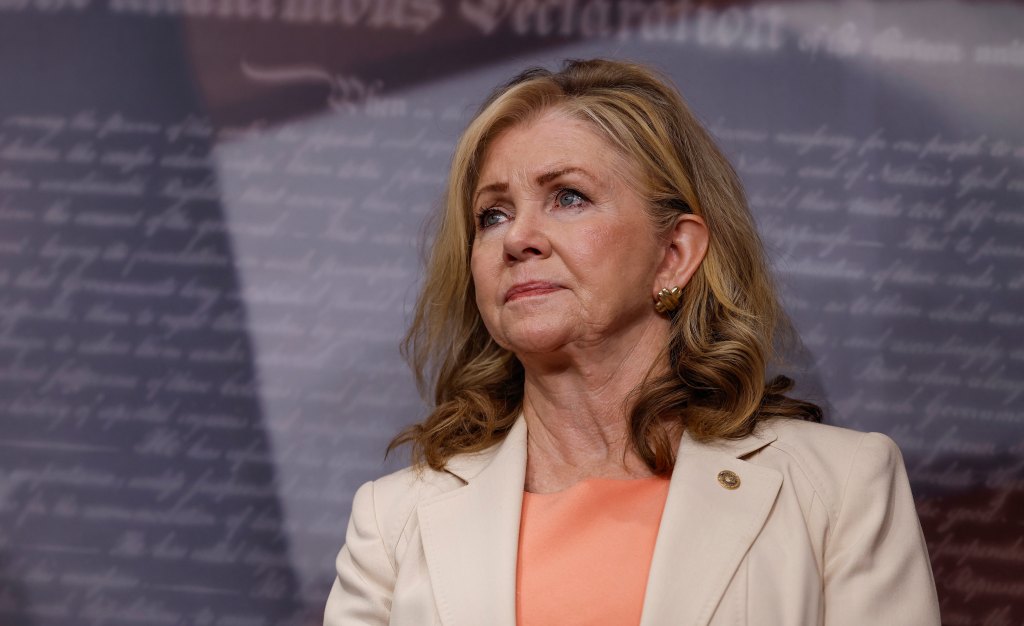Why the Kids Online Safety Act should concern LGBTQ+ people

The Kids Online Safety Act should concern LGBTQ+ people. (Getty)
The US senate has passed the Kids Online Safety Act (KOSA), an online safety bill that aims to reduce the harmful effects of social media, but why should LGBTQ+ people be concerned?
Senators voted to pass the Kids Online Safety Act alongside the Children’s and Teens Online Privacy Protection Act in a 91-3 vote on Tuesday (30 July).
The bill, which was endorsed by president Joe Biden among others, seeks to implement various protections for children online, including limiting harmful advertisements such as for tobacco and gambling.
But KOSA has been criticised since it was introduced in February 2022 for various reasons, including claims that its attempts to censor content were overreaching and that LGBTQ+ people would be harmed as a result. Some argue that this over-moderation would limit access to useful tools such as support for drug addiction and mental-health issues, and help for eating disorders.
Democratic senator Ron Wyden, one of those to oppose the legislation, said he was concerned over how future administrations could “pressure companies to censor gay, trans and reproductive health information.”
Mike Lee, a staunch Republican who also voted against it, argued that it “empowers” the Federal Trade Commission to censor content that it deems to cause anxiety and could be used to “censor the expression of political, religious and other viewpoints.”
Why KOSA isn’t good for LGBTQ+ rights
Not only does KOSA pose an explicit risk to age-appropriate LGBTQ+ content being censored for under-18s, but also, it is partially intended to do just that.
Tennessee senator Marsha Blackburn, a lead sponsor of the legislation, said it would curb “compulsive” internet usage and she hoped it would affect LGBTQ+ content.
In an interview last September, Blackburn said she hoped the bill would prioritise “protecting minor children from the transgender in our culture”.
The Republican said she believed children were being “indoctrinated” by LGBTQ+ people – a baseless conspiracy theory – and were being “exposed to things they are emotionally not mature enough to handle”.

Despite this clear-cut admission, Blackburn’s legislative director, Jamie Susskind, denied that KOSA would be used in this way, claiming that it “will not – nor was it designed to – target or censor any individual or community”.
The risk of censorship is so severe, however, that a group of LGBTQ+ organisations wrote to senators in 2022 expressing their concern.
“While KOSA’s aims of preventing harassment, exploitation and mental-health trauma for minors are laudable, the legislation is unfortunately likely to have damaging unintended consequences for young people,” the letter read.
“At a time when books with LGBTQ+ themes are being banned from school libraries and people providing healthcare to trans children are being falsely accused of ‘grooming’, KOSA would cut off another vital avenue of access to information for vulnerable youth.”
In February, the American Civil Liberties Union (ACLU) also expressed its opposition, saying that it “remains a dangerous bill” that would allow institutions to “decide what types of information can be shared and read online”.
The statement went on to say: “While the ACLU shares the laudable goal of protecting children, and appreciates the bill sponsors’ attempts to address our concerns, ultimately the revised version of KOSA still poses threats to our First Amendment rights.”
How did this story make you feel?

